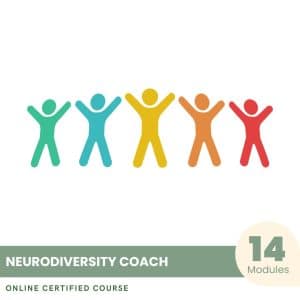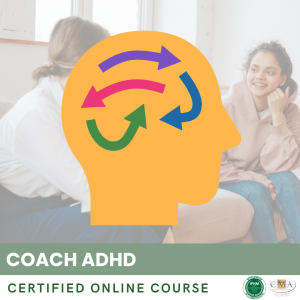Time limit: 0
Quiz Summary
0 of 30 Questions completed
Questions:
Information
You have already completed the quiz before. Hence you can not start it again.
Quiz is loading…
You must sign in or sign up to start the quiz.
You must first complete the following:
Results
Quiz complete. Results are being recorded.
Results
0 of 30 Questions answered correctly
Your time:
Time has elapsed
You have reached 0 of 0 point(s), (0)
Earned Point(s): 0 of 0, (0)
0 Essay(s) Pending (Possible Point(s): 0)
| Average score |
|
| Your score |
|
Categories
- Not categorized 0%
- 1
- 2
- 3
- 4
- 5
- 6
- 7
- 8
- 9
- 10
- 11
- 12
- 13
- 14
- 15
- 16
- 17
- 18
- 19
- 20
- 21
- 22
- 23
- 24
- 25
- 26
- 27
- 28
- 29
- 30
- Current
- Review
- Answered
- Correct
- Incorrect
-
Question 1 of 30
1. Question
CorrectIncorrect -
Question 2 of 30
2. Question
CorrectIncorrect -
Question 3 of 30
3. Question
CorrectIncorrect -
Question 4 of 30
4. Question
CorrectIncorrect -
Question 5 of 30
5. Question
CorrectIncorrect -
Question 6 of 30
6. Question
CorrectIncorrect -
Question 7 of 30
7. Question
CorrectIncorrect -
Question 8 of 30
8. Question
CorrectIncorrect -
Question 9 of 30
9. Question
CorrectIncorrect -
Question 10 of 30
10. Question
CorrectIncorrect -
Question 11 of 30
11. Question
CorrectIncorrect -
Question 12 of 30
12. Question
CorrectIncorrect -
Question 13 of 30
13. Question
CorrectIncorrect -
Question 14 of 30
14. Question
CorrectIncorrect -
Question 15 of 30
15. Question
CorrectIncorrect -
Question 16 of 30
16. Question
CorrectIncorrect -
Question 17 of 30
17. Question
CorrectIncorrect -
Question 18 of 30
18. Question
CorrectIncorrect -
Question 19 of 30
19. Question
CorrectIncorrect -
Question 20 of 30
20. Question
CorrectIncorrect -
Question 21 of 30
21. Question
CorrectIncorrect -
Question 22 of 30
22. Question
CorrectIncorrect -
Question 23 of 30
23. Question
CorrectIncorrect -
Question 24 of 30
24. Question
CorrectIncorrect -
Question 25 of 30
25. Question
CorrectIncorrect -
Question 26 of 30
26. Question
CorrectIncorrect -
Question 27 of 30
27. Question
CorrectIncorrect -
Question 28 of 30
28. Question
CorrectIncorrect -
Question 29 of 30
29. Question
CorrectIncorrect -
Question 30 of 30
30. Question
CorrectIncorrect

































































































